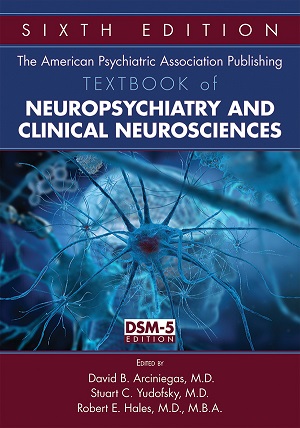Sections
Excerpt
That brain and behavior are inseparable and that mental events are brain events are the physicalist philosophical foundations of neuropsychiatry (Arciniegas et al. 2006). Biological, social, and environmental factors, as well as their reciprocal interactions, are appreciated as influences on brain function in health and disease, and neuropsychiatrists recognize all of these factors as necessary elements of any account of mental (i.e., neuropsychiatric) function. Their influences on cognition, emotion, and behavior and the combined mechanisms by which they engender neuropsychiatric disorders, however, are understood and described in terms of their effects on brain structure and function.
Access content
To read the fulltext, please use one of the options below to sign in or purchase access.- Personal login
- Institutional Login
- Sign in via OpenAthens
- Register for access
-
Please login/register if you wish to pair your device and check access availability.
Not a subscriber?
PsychiatryOnline subscription options offer access to the DSM-5 library, books, journals, CME, and patient resources. This all-in-one virtual library provides psychiatrists and mental health professionals with key resources for diagnosis, treatment, research, and professional development.
Need more help? PsychiatryOnline Customer Service may be reached by emailing [email protected] or by calling 800-368-5777 (in the U.S.) or 703-907-7322 (outside the U.S.).



